US military’s disgraceful exit from Niger another thumping win for multipolarity
By Musa Iqbal
Since the military-led overthrow of Niger’s neo-colonial president, Mohamed Bazoum, in July last year, the country has started the process of ousting colonial forces it sees as parasitic and exploitative.
The first entity it targeted was its longtime colonist France. And now, the latest entity to leave the West African country in humiliation is the United States, the usual suspect.
One of the immediate demands of the military government in Niger since last year was the removal of foreign forces that have asserted themselves as security guarantors.
But nothing could be further than the truth. The concerns for security by Western powers is a disguise for the continuation of colonialist practices - resource theft, labor exploitation, military testing sites, and other activities imperialist powers cannot conduct on their own soil.
France was the first to be kicked out, with the last plane leaving in December 2023. France’s relationship with Niger was always a parasitic and colonial one.
For the past few decades, France relied on Niger for cheap export of uranium into France - which is a commodity that France desperately depends on as a significant chunk of its power is sustained through nuclear energy.
With France out of the way, Niger’s military junta-led government turned to the US, which has a heavy technological military presence in the country.
In March, the military government announced it would revoke all existing military accords with the United States. This announcement came shortly after the US government threatened the Niger junta for pursuing further economic partnership with Iran and military partnership with Russia.
Now the US is set to be completely out of Niger by September of this year.
For the United States, this means the loss of two air bases it used to conduct surveillance and military operations in the region. One airbase in particular, Air Base 201, exceeded a cost of $100 million to build and maintain - all approved by US Congress.
The bases were used primarily for spying and reconnaissance but also carried out military strikes using manned and unmanned aerial vehicles, primarily drones.
The US government asserts that these bases are used to combat extremist elements, including Al Qaeda and Daesh. Niger’s junta government rejects this outright, with junta leader Abdramane stating that the very presence of US troops in Niger was illegal and violated constitutional and democratic rules and that US presence was unilaterally imposed on Niger since 2012.
Niger’s previous neocolonial regime backed by the West ignored the popular will and possibly subverted its own laws to welcome Americans into the country. The junta will not allow this practice to continue.
Hundreds rally in Niger for US departure, Russian support pic.twitter.com/XHZPsL13k8
— PressTV Extra (@PresstvExtra) April 14, 2024
It cannot be overstated how much of a significant loss this is for global imperialism. For years, US military leaders, particularly those in AFRICOM (United States Africa Command) considered Niger the “anchor” of their operations in Africa.
According to the Intercept, the airstrip at the base is large enough for both C-17 transport planes and MQ-9 Reaper armed drones. This means the Niger base can house armed drones that can strike nearly 2000 miles away.
The previous neo-colonial leaders of Niger allowed the US to conduct armed operations on its own soil using the Air Base, much to the disdain of their own people. It is thus no surprise that the ouster of the previous US puppet regime was met with nationwide celebration.
One must examine the relationship between the Washington regime and the Niger junta. Upon the overthrow of the neo-colonial puppet government, Washington threatened the junta with sanctions.
If the United States is so invested in countering terrorism in the region, then why must it threaten every government into submission and subordination?
The junta understood this calculus as the people were quite familiar with the schemes of imperialism. It did not back down and instead looked for partnership elsewhere - with Iran and Russia, two of the United States’ main adversaries.
It has become evidently clear from decades of experience that the US presence is never there to eliminate terrorism. That would be antithetical to the capitalist model the US champions. The goal is to never find the “cure” for an issue, it is to “treat it.” Treatment is where corporations can profit billions of dollars.
Takfiri terrorism from Daesh and Al Qaeda may indeed have been legitimate threats to Niger and surrounding countries. But a military partnership with the US just meant US forces would keep a lid on things. It's not in America’s material interest to decimate an opponent it can make billions off.
It wasn't the US military that annihilated Daesh in Iraq and Syria, though they most certainly used Daesh as a justification for military occupation. It was the Iraqi resistance and Syrian Arab Army, guided by Iran’s top anti-terror commander General Qassem Soleimani that annihilated Daesh.
The longer the US stays in a region, the longer it can exploit its resources. It is in no rush to “wrap things up” if there’s profit to be made.
Niger cut military ties with US over Washington threats, Iran partnership: PMhttps://t.co/gwwDJhzAZ9
— Press TV 🔻 (@PressTV) May 15, 2024
As the United States is pushed out of Niger, Russian troops are welcomed in. In fact, they are already there, stationed meters away from packing American troops at Air Base 101.
Understanding the political context of this development is important. It is not simply limited to the US being forced out of a country, but rather, where the host country is looking for support.
Russia, despite being entrenched in a war of its own in Ukraine, is being viewed as a supporting partner for countries struggling against the remnants of US hegemony. Iran is viewed as a respectable trading partner as both Niger and Iran are operating under sanctions and threats of economic warfare.
The same could also be said for a power like China, who famously brokered steps toward peace between Yemen and Saudi Arabia in April of 2023.
Countries other than the US are stepping up to the plate to replace the US as a power broker across the globe. This trend - part of the growing march of world multipolarity - is the death knell of US hegemony.
Nations are engaged in struggles against neo-colonialism, where puppet regimes controlled by the US are being opposed by their own people, replacing them with true leadership that cares for them.
The paths these nations take trend towards aligning themselves with countries generally unfavorable to Washington, as they refuse to be subordinated into an imperialist world order.
Decades of planning and sacrifice by these countries have resulted in them being able to operate outside of a global economy that the US is a primary and often sole benefactor of.
Thus, these countries are prepared to exchange and cooperate in a fashion that is not parasitic and one-sided.
Niger is one of the latest countries following a pattern of rejection of imperialism and neo-colonialism.
Though Western countries pretend that the days of colonialism are long gone, nothing could be further from the truth. Western militaries still maintain strongholds across the globe, particularly wherever there are natural resources and labor to exploit.
However, with the West’s decline due to years of entrenchment in war, mismanagement of resources, and inner socio-political turmoil, a multipolar world is quickly becoming a pathway for countries across the globe to reclaim true sovereignty.
Musa Iqbal is a Boston-based researcher and writer with a focus on US domestic and foreign policy.
(The views expressed in this article do not necessarily reflect those of Press TV.)
Pro-military Israeli journalist detained on suspicion of raping child: Reports
Anthropic resists US War Department push for unrestricted AI access
Iran naval unit returns from drill, cmdr. vows to defend borders to ‘last breath’
VIDEO | Press TV's news headlines
Paris silencing pro-Palestine voices
Iran raises alarm at ‘environmental consequences’ of US militarism
Iran: UN Security Council inaction on Israeli crimes ‘catastrophic’
Report: US intel debunks Trump's claim of Iran working on ICBMs


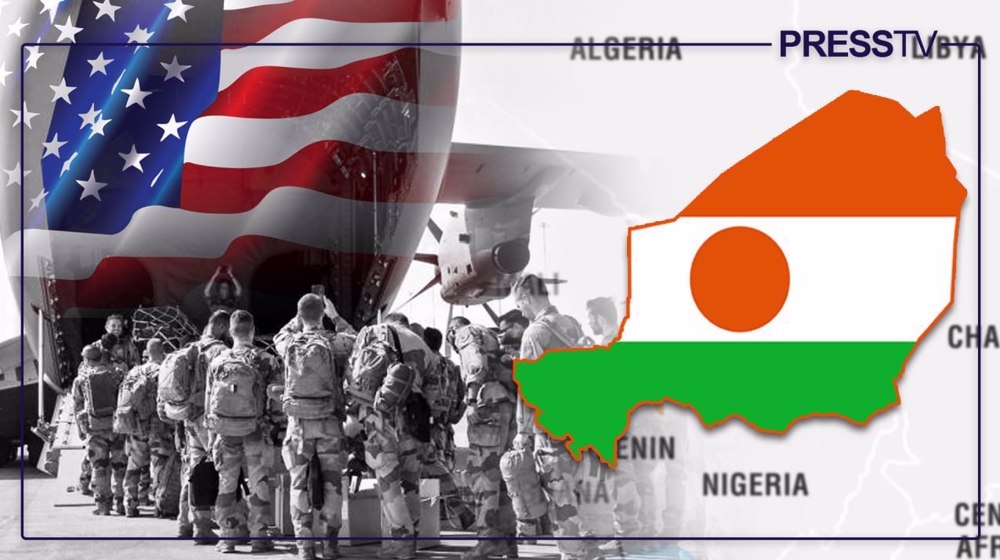
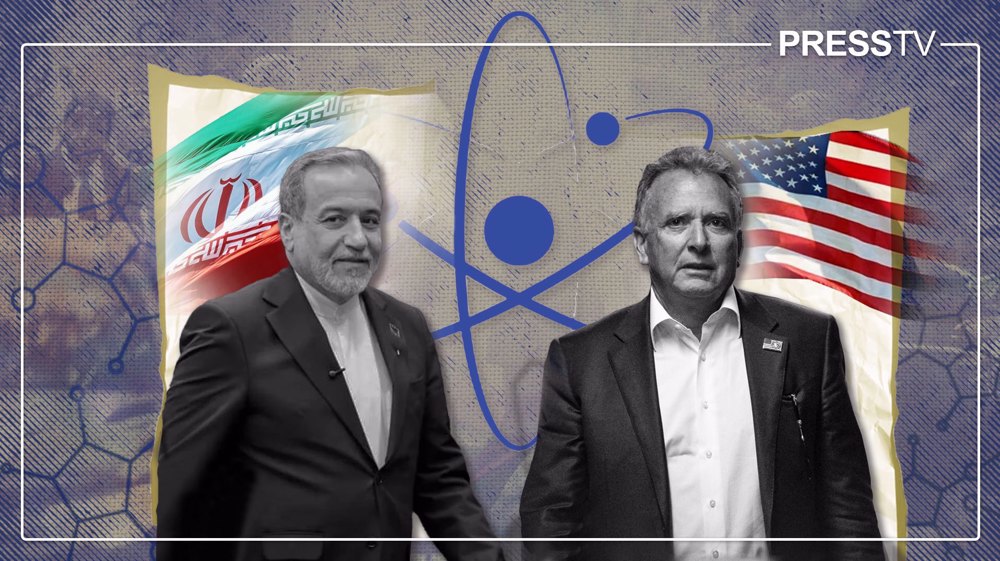
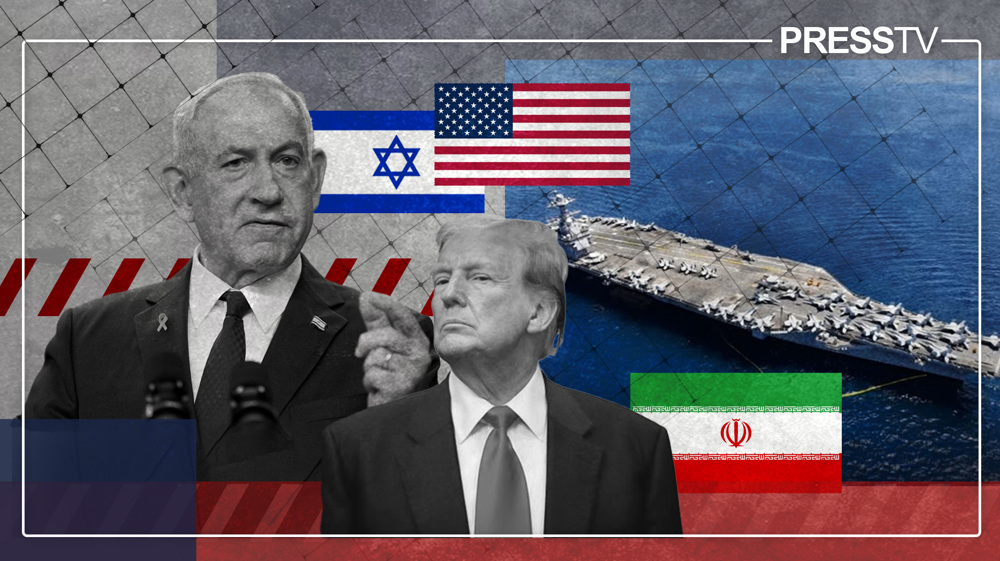




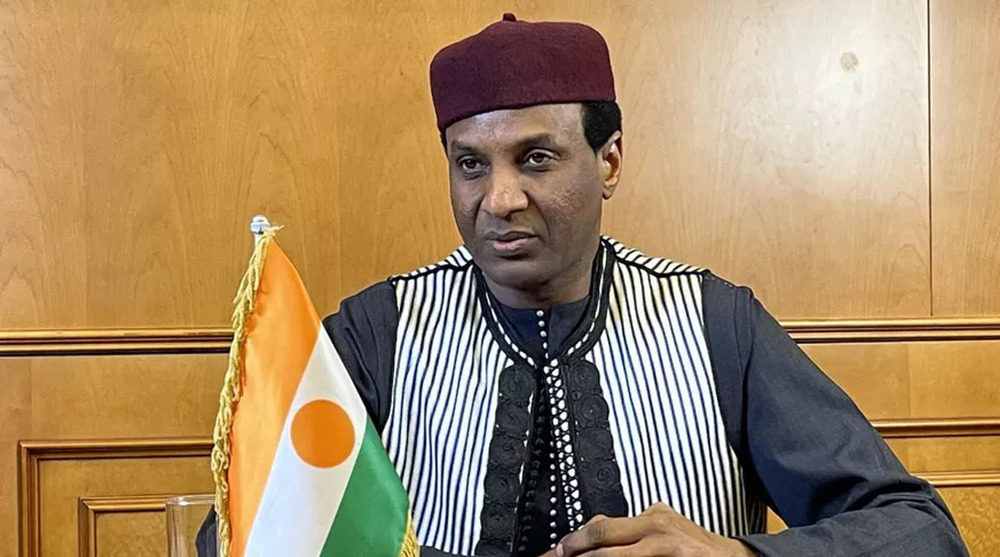


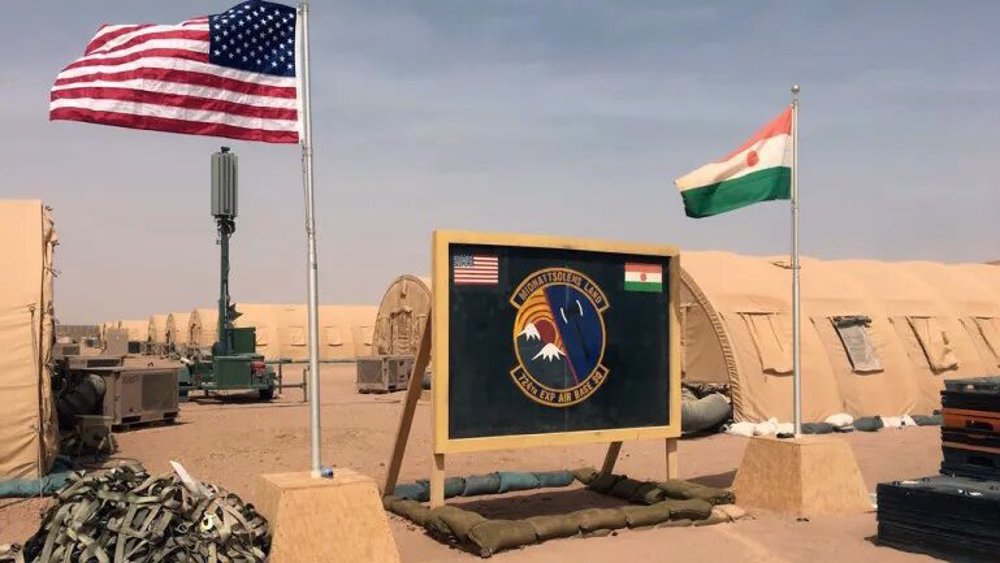
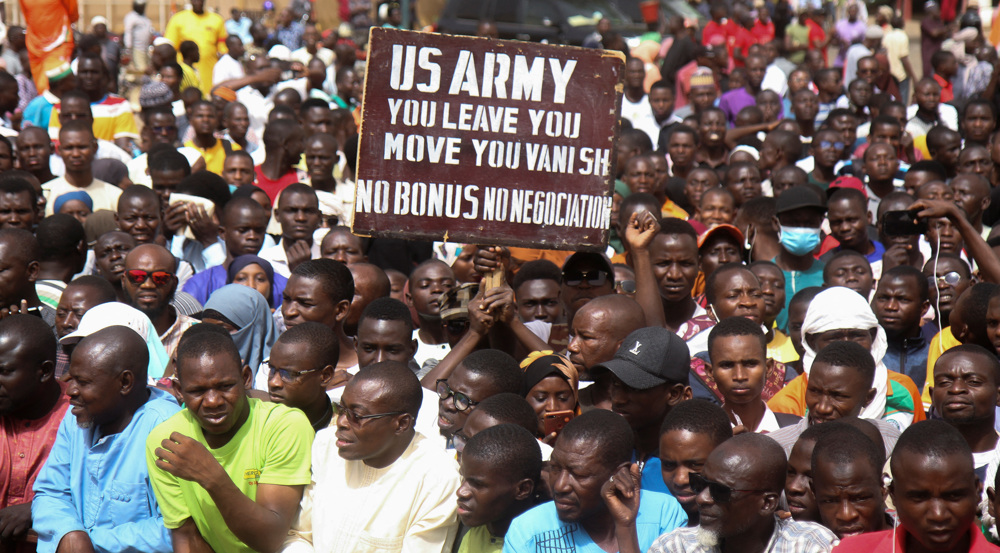

 This makes it easy to access the Press TV website
This makes it easy to access the Press TV website